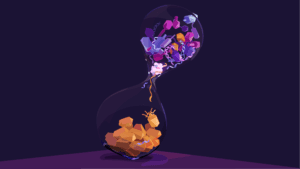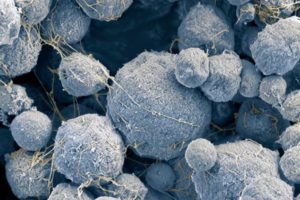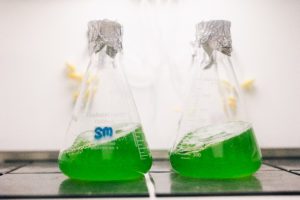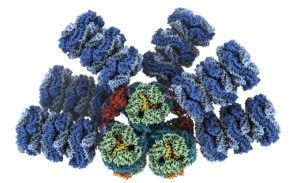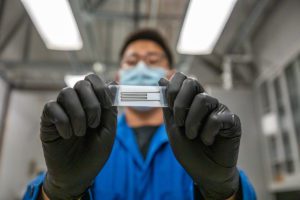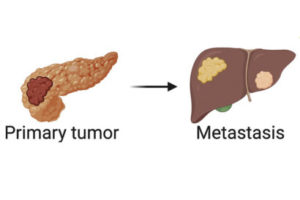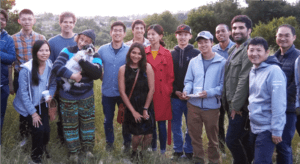
Open Philanthropy awards Conboy lab $3 million to study mechanisms of aging
February 14, 2023
Open Philanthropy recently announced that QB3-Berkeley faculty affiliate Irina Conboy has been recommended a grant of $3,042,600 over three years to support research led by the Conboy on the mechanisms of aging. In her previous work, Conboy has identified ten new biomarkers and a set of pathways that may potentially be involved in the repression of…
